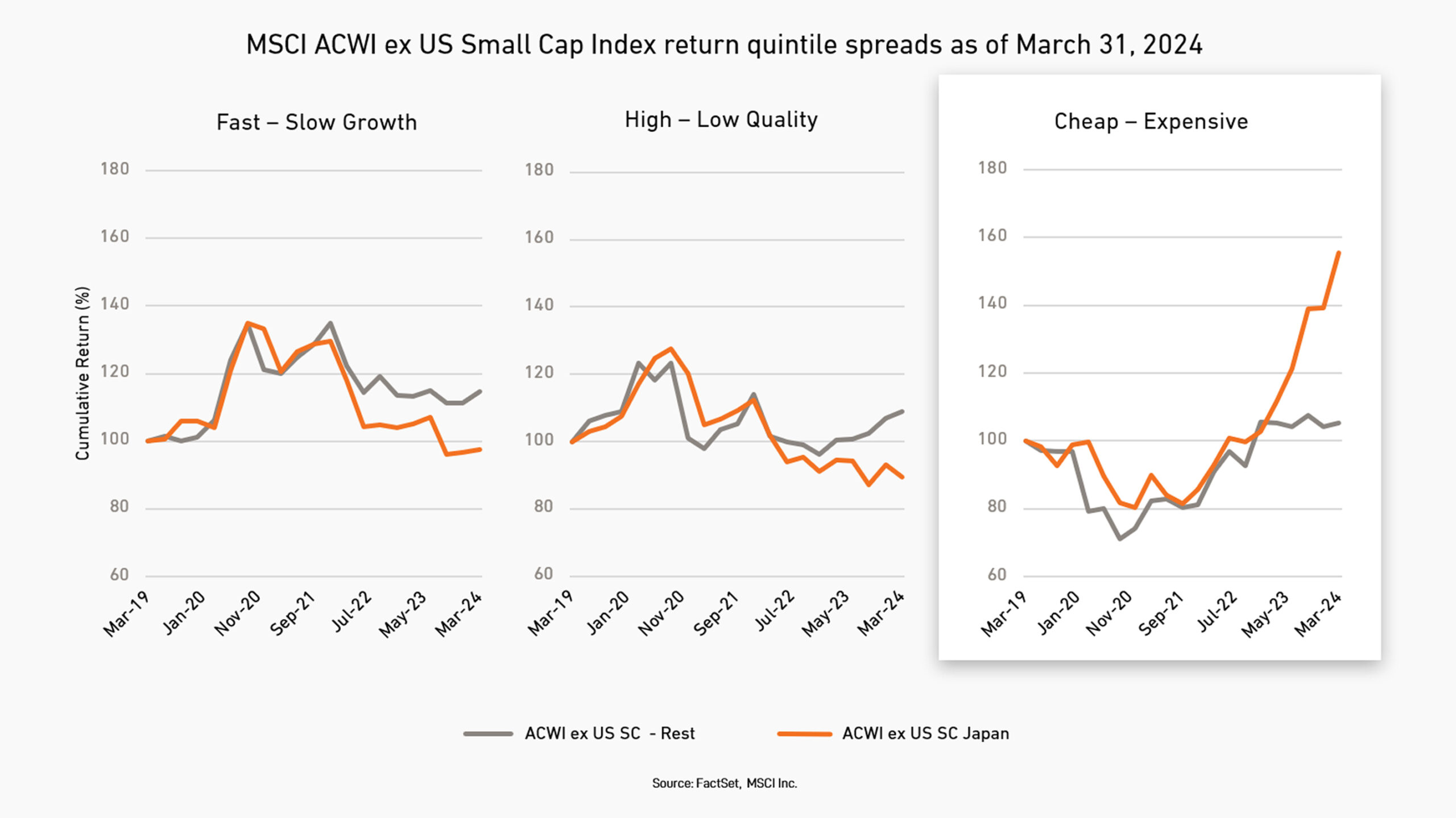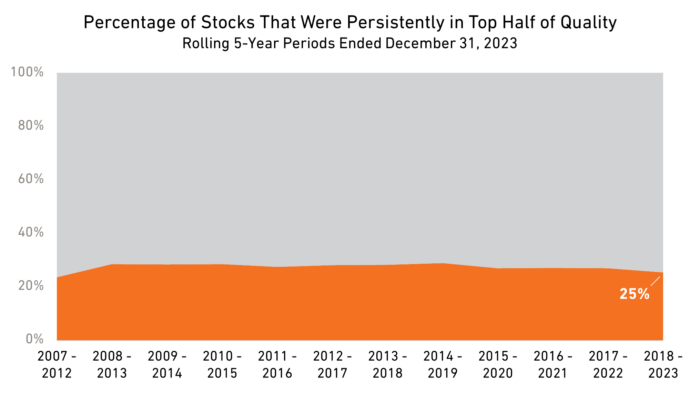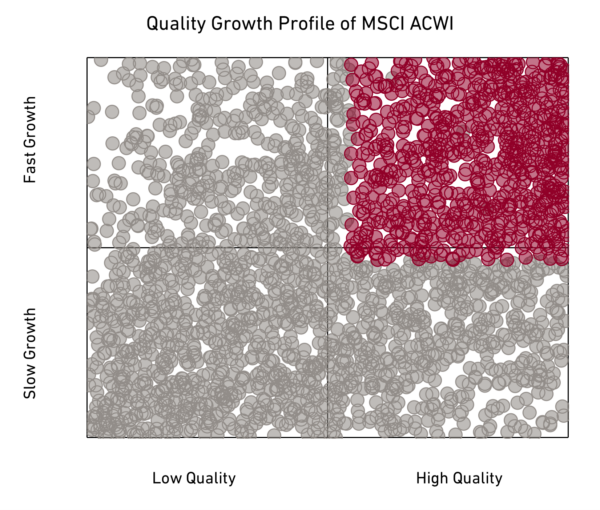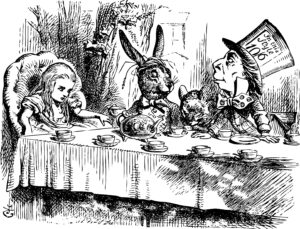Other investors in the market today may see something quite different when they close their eyes. If, say, a Robinhood day trader closes his eyes, what does he see? Or if any of the numerous momentum fund managers close their eyes, what do they see? They may see relative price-to-sales driven by the second derivative of the revenue growth rate or some other relative forward 12-month or forward 3-month ratio as the key variable determining valuation. Or, perhaps today, all that many see are charts and price momentum amid the haze of Fedspeak that seems to devalue much of traditional investment thought. Perhaps investors today don’t see anything to do with ”terminal value” at all.
What do value investors see when they close their eyes? A number of us at Harding Loevner were struck by a recent Wall Street Journal article about famed value investor Ted Aronson’s decision to dissolve his longstanding $10 billion investment fund and return the cash to investors. Aronson, a previously very successful value-based quant manager, said: “It can all work for years, for decades, until or except when the not-so-invisible hand comes down and slaps you and says, ‘That’s what worked in the past, but it’s not going to work now, nope, not anymore.’”
I wonder what ways of seeing are being hard-wired into investors today. Who really speaks today of any of the valuation insights found in Benjamin Graham’s The Intelligent Investor, which was once seen as hallowed ground? I think it’s fair to say that very few market participants see the valuation structure advocated in Graham’s work when they close their eyes today. High price-to-sales seems to have replaced high price-to-earnings as the new normal. So-called modern monetary theory also looms—a new or non-standard to replace whatever fading monetary policy/interest rate standards once existed.
For Aronson, what’s up is down and what’s down is up. What he sees when he closes his eyes, what ought to be, well, it just ain’t so in the markets, and hasn’t been so for years. Aronson is a smart guy. As some of my colleagues noted in a recent client letter, there is no guarantee that what’s become true for him can’t become true one day for Harding Loevner. We don’t think we are any smarter than Aronson, or many other such value managers. We are considerably more fortunate at the moment as the global policy direction in recent years has smiled upon ”growth” while frowning upon ”value.” But further change may be coming.
All of this brings to mind a poem by Rainer Maria Rilke published in 1905:
I live my life in widening circles
that reach out across the world.
I may not ever complete the last one,
but I give myself to it.
I circle around God, that primordial tower.
I have been circling for thousands of years,
and I still don’t know: am I a falcon,
a storm, or a great song?
“I live my life in widening circles that reach out across the world”—not a bad description of investing amid ever more accommodative global monetary policy with its ripples spreading around the world. Or of investing amid a pandemic with the COVID-19 virus reaching out across the world in widening circles. I have the same ultimate question in 2020 that Rilke had in 1905. How’s all this end?
The current environment sometimes makes me think about the scene in the film Doctor Zhivago (sorry about the mixed references, but my eyes are still closed) when the good doctor returns to his family home one day to find it taken over by the workers’ committee. He is initially assigned to only one room and eventually is not allowed to enter at all. Standards changed, to say the least. More than at any time I can remember, I’d say the standards that underpin what passes for majority understanding and opinion, in the US anyway, are in flux. For example, would a proposition to reaffirm the US Constitution as written, if put to a popular vote today, win majority approval? I have my doubts. Would a proposition to reaffirm support for “free market capitalism,” if put to a popular vote today, win majority approval? I have my doubts. Would a proposition to reaffirm the principle of private ownership of land, if put to a popular vote today, win majority approval? I suspect this would still find majority support, but with a large vote against, and I’m not sure how the vote would turn out, say, five years from now. Yet the stock market has no such doubt. The best stocks in the market, by many country miles, are high-growth stocks where share prices reflect confidence in rapid earnings growth a decade or more from now—at least according to the arithmetic of discounted cash flows. Or perhaps that’s not how many investors look at it; they may only have confidence in sustained earnings momentum one to two quarters from now, not confidence in the state of things in, say, December 2030.
I did not find reading Alice’s Adventures in Wonderland and Through the Looking Glass to be a particularly satisfying experience. However, they were useful to read. As I reflect on it, the stories made me step back from my assumptions about how things should be, and left me open to considering other scenarios, in politics, in society, and in the financial markets. The meaning of the line “you must close your eyes or you won’t see anything” is not entirely clear to me. But it is perhaps the most provocative and potentially valuable investment insight I’ve come across in quite a while. While I ponder and watch, I plan to remain diversified and see just how prescient Alice’s upside-down world continues to be.












